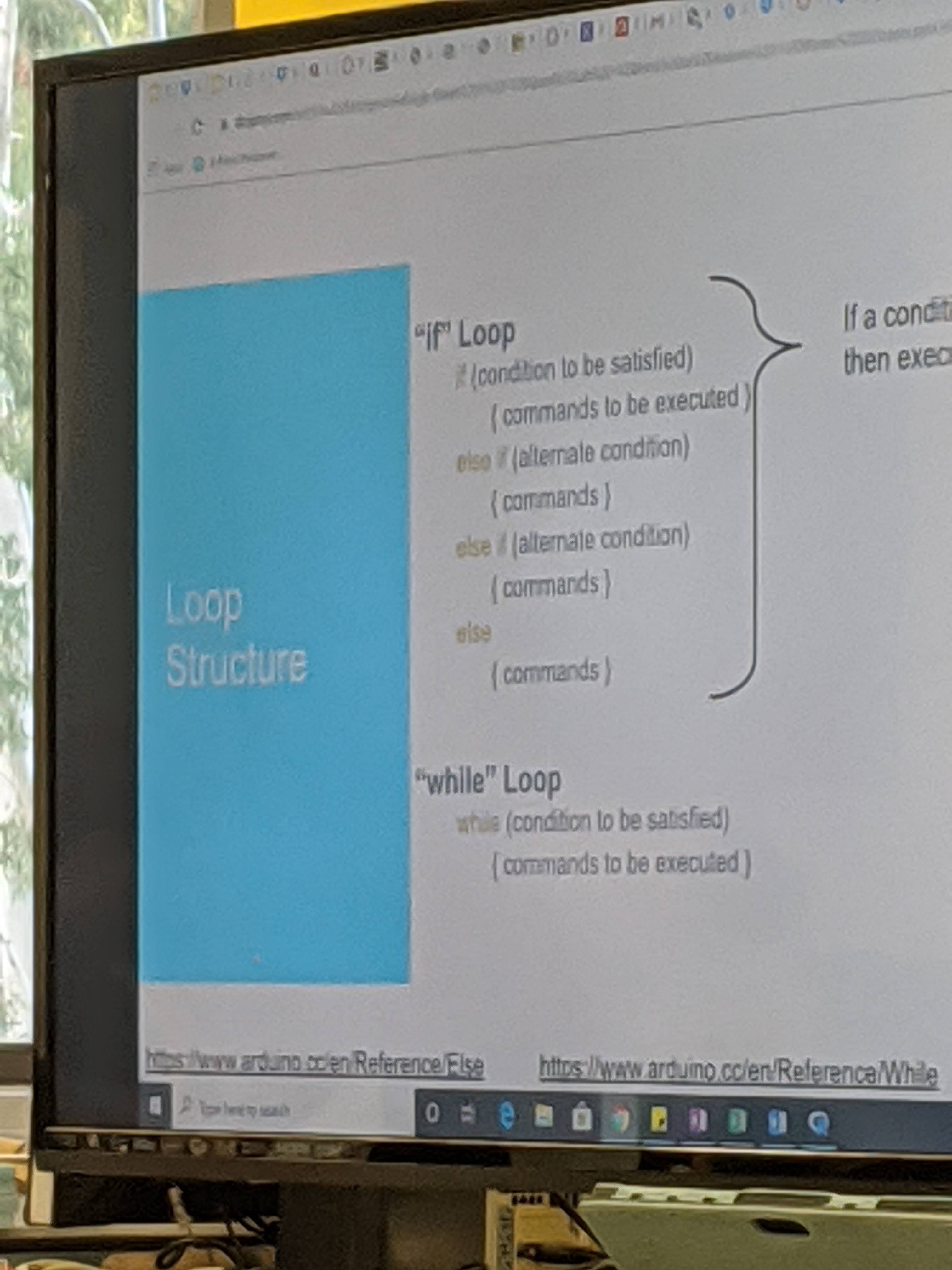Statements that start with # in C/C++ are known as preprocessor directives, that is, they are executed before compilation begins. OP has used a #define which will replace any instance of A (IF(x)) with B (while (x)) in the code.
So the IF statement is really just a while statement.
They used a macro to make ‘IF’ (which is distinctly not ‘if’) map to ‘while’. So it’s really a while(1) loop, which will repeat forever, or until the program is terminated, whichever comes first.
Is this something needed “for the meme” or something with this macro or C/C++? Or why the case-sensitivity here? I only know languages like Java, Python, JS. Unfortunately the ancient tongue is not known to me.
It’s not really that important to the joke, since I’m pretty sure you can also replace keywords like ‘if’ with the preprocessor. It’s just that preprocessor macros are typically (style, not syntax) ALL_CAPS_WITH_UNDERSCORES.
It’s just another clue that that block isn’t actually an if-block, since C is case sensitive and ‘IF’ wouldn’t actually work.
ELI5 plz
Statements that start with # in C/C++ are known as preprocessor directives, that is, they are executed before compilation begins. OP has used a
#definewhich will replace any instance of A (IF(x)) with B (while (x)) in the code.So the
IFstatement is really just awhilestatement.But what is it in reference to? What’s the “infamous if loop”?
Ah, I believe that would be from a college course.
from a college course.
I always wondered why I always had a hard time making developers not call “if” a “loop”.
Turns out it was on their tests.
Glad I didn’t read my college material, or I would have lost faith in my college professors.
It just occurred to that in Yorkshire dialect a while loop would actually be an until loop. Directives to the rescue!
“Infamous” just refers to newbies who sometimes call if statements “if loops”. I’ve heard this quite a bit.
deleted by creator
They used a macro to make ‘IF’ (which is distinctly not ‘if’) map to ‘while’. So it’s really a while(1) loop, which will repeat forever, or until the program is terminated, whichever comes first.
Someone’s just being silly.
Thx!
Is this something needed “for the meme” or something with this macro or C/C++? Or why the case-sensitivity here? I only know languages like Java, Python, JS. Unfortunately the ancient tongue is not known to me.
It’s not really that important to the joke, since I’m pretty sure you can also replace keywords like ‘if’ with the preprocessor. It’s just that preprocessor macros are typically (style, not syntax) ALL_CAPS_WITH_UNDERSCORES.
It’s just another clue that that block isn’t actually an if-block, since C is case sensitive and ‘IF’ wouldn’t actually work.